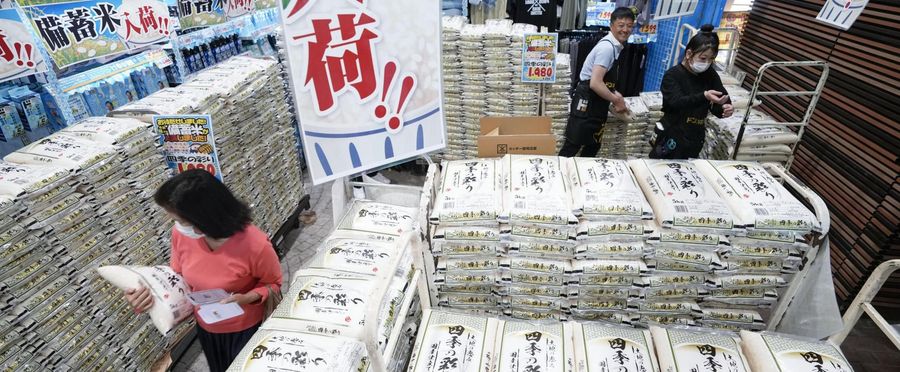The Japanese government is set to authorize an extension for the sale of rice from disaster reserves, known locally as "Suukei Rice." The continuation of these sales, rather than letting stock rot in warehouses, benefits both the economy and the food security of the country. While the exact timeframe of the approved extension has not been released yet, the decision aligns with the government's ongoing measures to maintain a stable food supply amidst turbulent global conditions.
Rice is a mainstay in the Japanese diet and the management of rice supplies is a matter of national interest. The Japanese public, therefore, closely follows news related to the sale and consumption of rice. Also, the concept of 'Suukei' aligns with traditional Japanese values of efficiency and effective utilization of resources. The decision to extend sales of these reserves is viewed positively as it prevents wastage and maintains a stable rice supply.
In the US or EU, the strategic stockpiling of food and its successful management is also crucial, especially in times of crisis such as during the pandemic or natural disasters. However, the specific staples differ by region with wheat, corn, or other grains often playing a similar role to rice in Japan.

